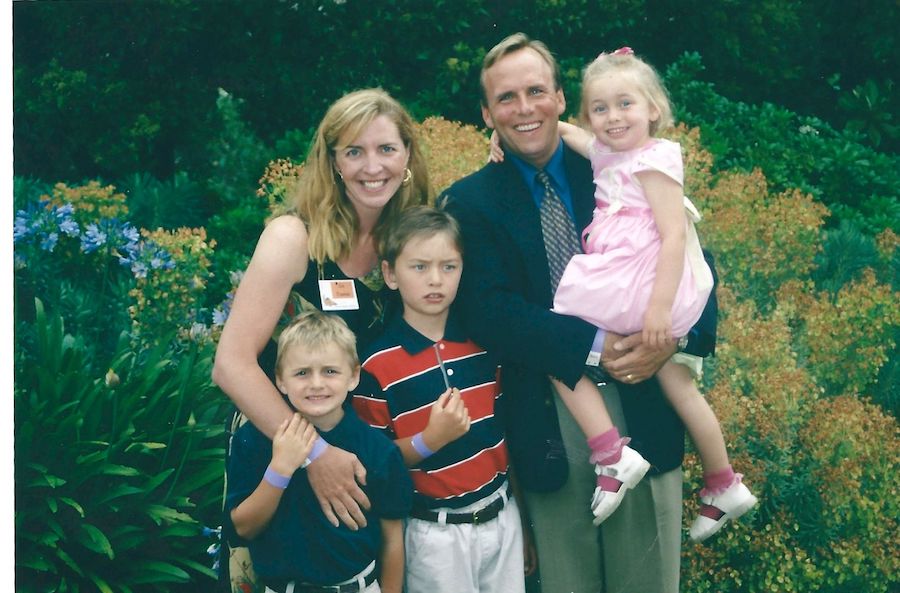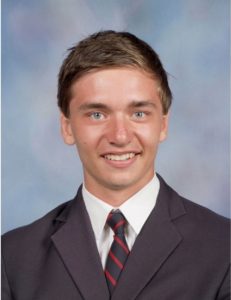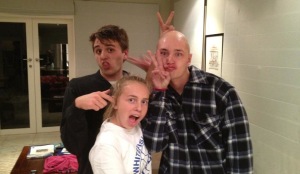
Profiling Ependymoma – Connor Dawes
Saturday 26 September is Childhood Brain Cancer Awareness Day, this year the focus is on ependymoma.
Robert ‘Connor’ Dawes was born in Wisconsin in 1994, however he spent most of his life living in Australia and loving America. He followed American sports such as college basketball and football, and was a “Cheesehead”, better known to Aussies as a Green Bay Packers fan.
Connor was a mix of athletic and academic. A brilliant student, he thrived and loved Latin and complex puzzles, and was naturally sporty.

Connor dreamed of attending a US college to study and row, until brain cancer robbed him of the chance.
Major surgery caused loss of movement to his right side, impaired vision and severe short-term memory loss. But while his body was broken, his spirit was not. Determined to improve, he spent hours each day on his physical and mental rehabilitation. More treatment followed. Throughout it all, Connor never stopped smiling. He stayed positive, philosophical and true to his mantra: “I will be awesome”.
For 16 months, Connor’s brilliant mind, strong body and gentle soul faced off against an ependymoma.
Like many others, his brains and brawn gave it all to fight against the poor odds and on April 20, 2013, Connor’s own battle ended.
Inspired by his spirit of Aeternum Fortis, meaning Eternal Strength, Connor’s family created the Robert Connor Dawes Foundation (RCD) Foundation as a tribute to him and other brain tumour fighters.
Connor’s awesomeness inspires our movement.
“I know Connor has died but he doesn’t feel dead inside of me. His strong and wise spirit is very much alive within me. I sense him close to me, and while it may sound strange, it’s very comforting. I’ve mentioned this to his siblings, his dad, and some of his friends and they agree and feel the same way” Connor’s mom, Liz said.

Brain cancer is the most fatal and most common of all childhood cancers. Clinical treatments help just 50 per cent of children but leave 90 per cent with lifelong physical and mental impairments, yet funding for research is limited. Help us change the odds for young people with brain cancer, donate here